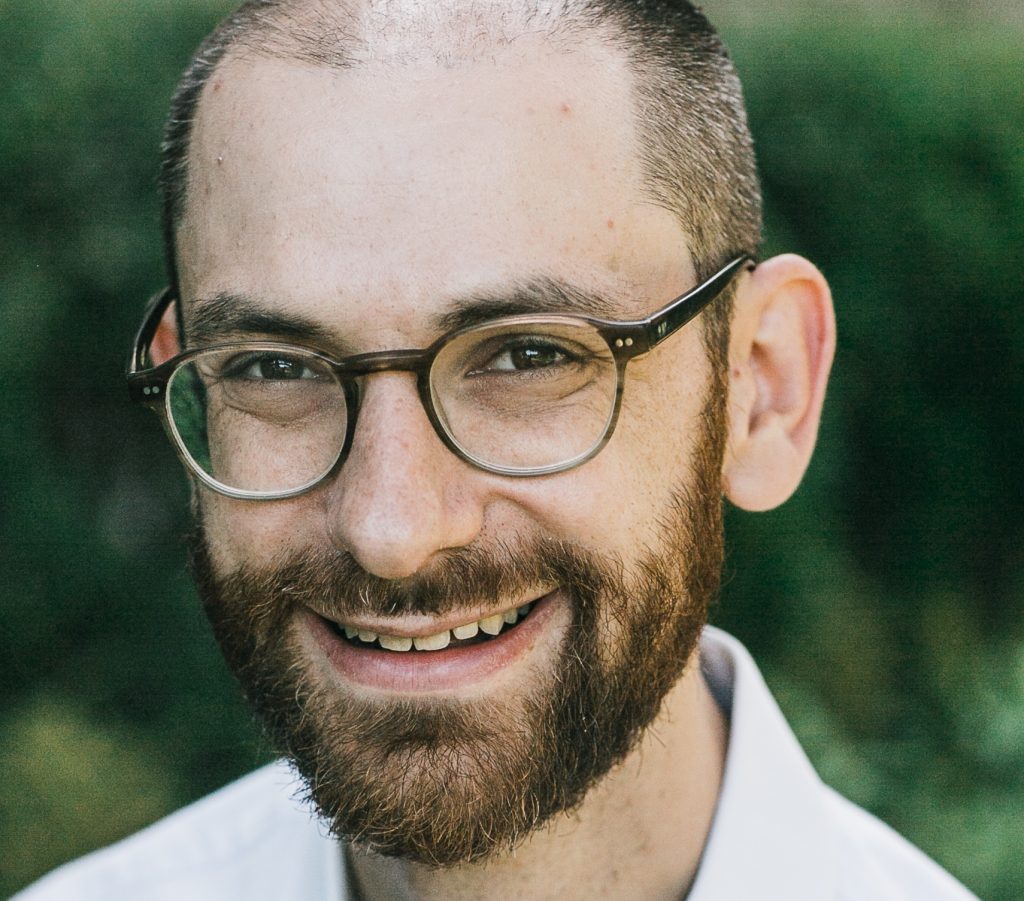In the latest film in the University of Oxford’s Policy Engagement Network Researcher Stories: Policy Engagement series, Seth Flaxman, Tutorial Fellow and Associate Professor in Computer Science, talks about his collaboration with Lucie Culver, Professor of Child and Family Social Work, during the COVID-19 pandemic to improve global understanding of the number of children ‘left behind’ by losing a parent or guardian during the pandemic.
Seth and Lucie’s work has directly informed child protection policies and systems in a number of countries, to ensure children impacted by the loss of a parent or caregiver receive the support they need.
Watch the film here:
Oxford’s academics have a wealth of experience in engaging with policymakers and contributing to policy impact, and the Policy Engagement series features researchers from across University departments, and their policy partners, who share what they have learned together. The series promotes the work of the Oxford Policy Engagement Network – a network of researchers, doctoral students and professional services staff at the University who share a vision of public policy powered by the world’s best available research evidence and expertise.

Seth Flaxman, Tutorial Fellow and Associate Professor of Computer Science
Seth’s research involves developing new computational statistics, machine learning, and AI methods for global health and public policy applications. In the past, his work has covered a range of topics and challenges, from voting patterns and trends in avoidable blindness to investigating AI and machine learning in criminology. With the emergence of COVID-19 in early 2020, his expertise turned to modelling and understanding the virus and its impact.
Working alongside colleagues in Imperial College’s Department of Mathematics (where he was then a Senior Lecturer in Statistical Machine Learning) and in collaboration with a number of modelling and analytics experts in the field of infectious diseases, Seth developed a novel set of statistical and epidemiological models to track the spread of the disease. Their research in March 2020 provided estimates on the number of lives saved across Europe by non-pharmaceutical interventions like lockdowns and social distancing. He also helped create a map of COVID-19 hotspots in the UK, updated daily, and led the first study of global orphanhood associated with the pandemic.
Seth and Lucie knew each other as their children attended the same nursery, and as Lucie explains in the film there was “much discussion about data science across the playground’. The policy partnership they’ve been working on together is the The Global Reference Group on Children Affected by COVID-19 and Crisis, hosted by and linked to the World Health Organisation to develop up to date evidence of numbers of children affected by COVID-19 associated orphanhood, and to support policy and programming that can mitigate the impacts of COVID on children and adolescents.
By combining epidemiological and demographic data, they were able to establish that 12.4m children globally have lost a parent or caregiver to the virus. That information has been shared with policy makers in countries as far afield as Brazil, Malawi and South Africa, who have subsequently passed legislation to establish child protection policies, processes and systems specifically for children orphaned as a result of COVID-19. In addition, the World Bank has set up a new rapid social response fund which countries can apply to for support for COVID-19 affected children.
About the Oxford Policy Engagement Network
The Oxford Policy Engagement Network (OPEN) is a growing network of researchers, doctoral students and professional services staff at the University of Oxford who share a vision of public policy powered by the world’s best available research evidence and expertise. OPEN connects researchers across the University with opportunities to engage with the policymaking community locally, nationally and internationally and enables researchers with a passion for improving public policy to understand better the relevance of their research to policymakers; work with policymakers to identify and explore mutual interests; and develop and leverage networks and other resources to generate benefits to research, policy and the wider world.
